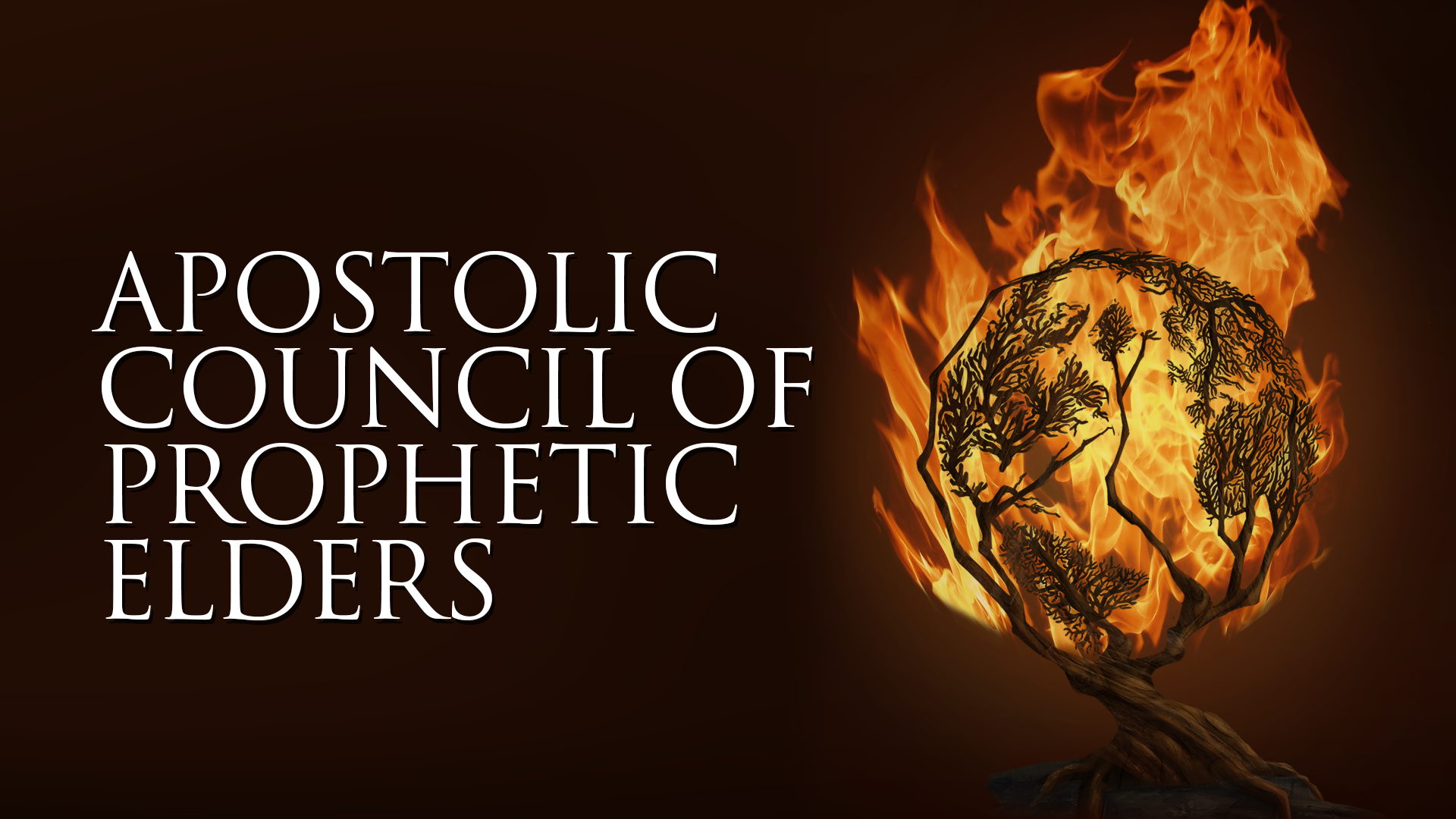Understanding the Gift of Teaching
“We have different gifts, according to the grace given to each of us. If your gift is prophesying, then prophesy in accordance with your faith; if it is serving, then serve; if it is teaching, then teach…” (Romans 12:6, 7; NIV)
A few years ago, my mother and I took a trip to Washington D. C. We stayed with my brother who lived in the area, so we had time to take in all the sights at our leisure.
One afternoon, we were exploring an art museum. As we strolled through the Impressionist exhibit, I assumed my mother would appreciate the art better if she had a more intellectual understanding of it. I waxed eloquently on the pointillism of Monet as opposed to the broad brush strokes of Van Gogh. Other tourists were gathering around to listen, only to hear my mother respond to my brilliant explanations with, “You know, if you carry that heavy purse on the same shoulder all the time, you’ll be lopsided.”
Well, that was the end of my lecture!
We’ve laughed about this many times. Even today, if I am carried away with the desire to teach and no one wants to learn, someone in my family only has to say, “You know...”
Teachers feel compelled to instruct. We can’t help it! We are fascinated with knowledge and driven to share what we learn with others. Indeed, it is a gift, even if we have to learn to recognize when someone actually wants to be taught and when we are trying to force our knowledge on others.
When it comes to the body of Christ, the spiritual gift of teaching is grouped with what are often called “the motivational gifts.” Through the power of the Holy Spirit, those with this gift are enabled to teach with greater insight and understanding than that which can be accomplished through natural abilities.
With the teaching gift comes an insatiable desire to learn the Word of God at a deeper level.
With the teaching gift comes an insatiable desire to learn the Word of God at a deeper level. Teachers want the context, the nuances, the definitions. Therefore, they become like Bereans in that they readily accept the word and search the scriptures daily (Acts 17:11). As they study, they are teaching themselves first.
Teachers have a Holy Spirit-driven ability to search out the “meat” of the scriptures. The writer of Hebrews stresses the importance of this:
For though by this time you ought to be teachers, you need someone to teach you again the first principles of the oracles of God; and you have come to need milk and not solid food. For everyone who partakes only of milk is unskilled in the word of righteousness, for he is a babe. But solid food belongs to those who are of full age, that is, those who by reason of use have their senses exercised to discern both good and evil. (Hebrews 5:12-14; NKJV)
One of the greatest contributions spiritual teachers make to the body of Christ is leading people into maturity. They equip believers to handle the more complex matters of scripture, so that the Church as a whole sharpens its ability to discern between good and evil. A lack of discernment is evidence that the teaching gift has been neglected.
Because of their deep study of scriptures, teachers often become like the sons of Issachar and have an understanding of the times. They can comprehend, interpret, and develop the prophetic word, helping to bring clarity into the chaos that surrounds our daily lives.
Teachers are motivated to share the Word and gifted with the ability to share effectively. However, there is a caveat to that anointing—the sharing must come under the leading of the Holy Spirit. What and how much does He want shared? With whom and under what circumstances should the sharing take place? The teaching anointing permeates all facets of life. Teachers want to teach, but we must understand that teaching is to occur at opportune times (see Prov. 25:11).
The spiritual gift of teaching carries with it both an anointing and a calling to higher accountability.
The spiritual gift of teaching carries with it both an anointing and a calling to higher accountability. James was pretty blunt about the seriousness of this: “Not many of you should become teachers, my fellow believers, because you know that we who teach will be judged more strictly” (James 3:1-2). It is a responsibility and an honor to be entrusted with speaking into people’s lives—one that should never be taken lightly.
Teachers are part of the five-fold ministry described in Ephesians 4:11-12, “for the equipping of the saints for the work of the ministry, for the edifying of the body of Christ.” That equipping requires the meat of the Word.
My heart cry for all those who are called to serve the church in this capacity is that our teaching will follow Moses’ prayer in Deuteronomy 32:1-3 (NLT):
Listen, O heavens, and I will speak!
Hear, O earth, the words that I say.
Let my teaching fall on you like rain;
let my speech settle like dew.
Let my words fall like rain on tender grass,
like gentle showers on young plants.
I will proclaim the name of the Lord;
how glorious is our God!









